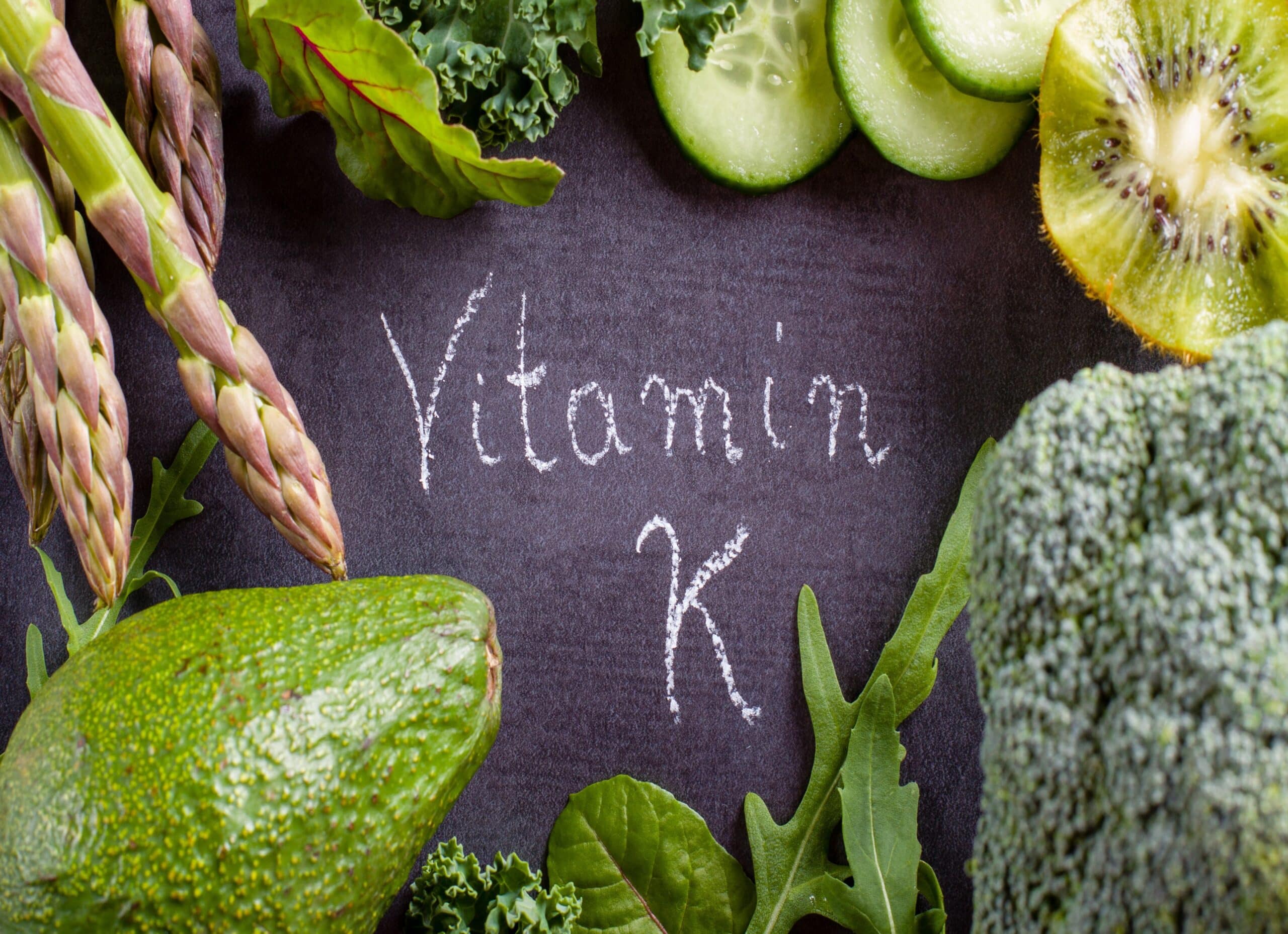It is so frustrating that coronary artery calcium scoring (CACS) has been available for decades, is safe, painless, and inexpensive, and reveals the degree of silent coronary artery disease (CAD) but so few people have one of these scans. Primary care doctors are still not ordering them even though most hospitals offer the test and the cost may be $75. Indeed, the extent and progression of coronary artery calcification are strong predictors of myocardial infarction and mortality.
If a CACS is abnormal, many have hoped that a follow-up CACS scan would show a drop in the amount of calcification. One of the most hopeful approaches has been adding vitamin K2.
A new study has measured CACS before and after a high dose of vitamin K2. Did it work?
STUDY
This study aims to investigate if vitamin K2 and D supplementation can reduce CAC progression. The dose used was 1,000 IU of vitamin D3 and a very high dose of vitamin K2 (720 ug daily) vs a double placebo.
METHODS
A total of 389 participants were randomized to supplementation with vitamin K2 vs placebo in a multicenter double-blinded randomized controlled trial. This study reports CACS progression in participants with no clinical heart disease like a prior heart attack or bypass operation.
CT scans were performed at baseline, 12, and 24 months and measured both CACS and plaque volume by coronary CT angiogram (CCTA). The change in CACS and coronary plaque volume were evaluated in the entire group and in 2 subgroups. A safety endpoint was the composite of myocardial infarction, coronary revascularization, and all-cause mortality.
Results
In total, 304 participants (all male, mean age 71 years) were identified. The intervention and placebo group both increased in mean CACS scores from baseline to 24-month follow-up (Δ203 vs Δ254 AU, P = 0.089) and there was no significant slowing of progression with the double therapy. Patients did NOT drop their CACS.
In a small subset, CACS progression was lower by the intervention (Δ288 vs Δ380 AU, P = 0.047). Again, CACS did NOT drop.
Plaque analyses showed no significant difference in the progression of noncalcified plaque volume (Δ-6 vs Δ46 mm3, P = 0.172).
Safety events were fewer in participants receiving supplementation (1.9% vs 6.7%, P = 0.048).
STUDY CONCLUSIONS
Patients with no prior clinical ischemic heart disease randomized to high-dose vitamin K2 and D supplementation had no significant reduction in mean CAC progression over a 2-year follow-up compared to placebo although there was a mild trend.
Although the primary endpoint is neutral, differential responses to supplementation in those with CAC scores ≥400 AU and in safety endpoints are hypothesis-generating for future studies as there was a slowing of progression of calcification in the high dose K2 and D3 group.
The therapy did not impact the soft, non-calcified plaque.
Of interest, there were fewer events on the combination vitamin therapy. The cost of 720 ug of vitamin K2 would be at least $100 a month. This study teases the idea that this may be worth the cost but leaves uncertainty as to the long-term advantages. I have stopped “pushing” high-dose vitamin K2 but may return to advising it to those willing to pay for it.




